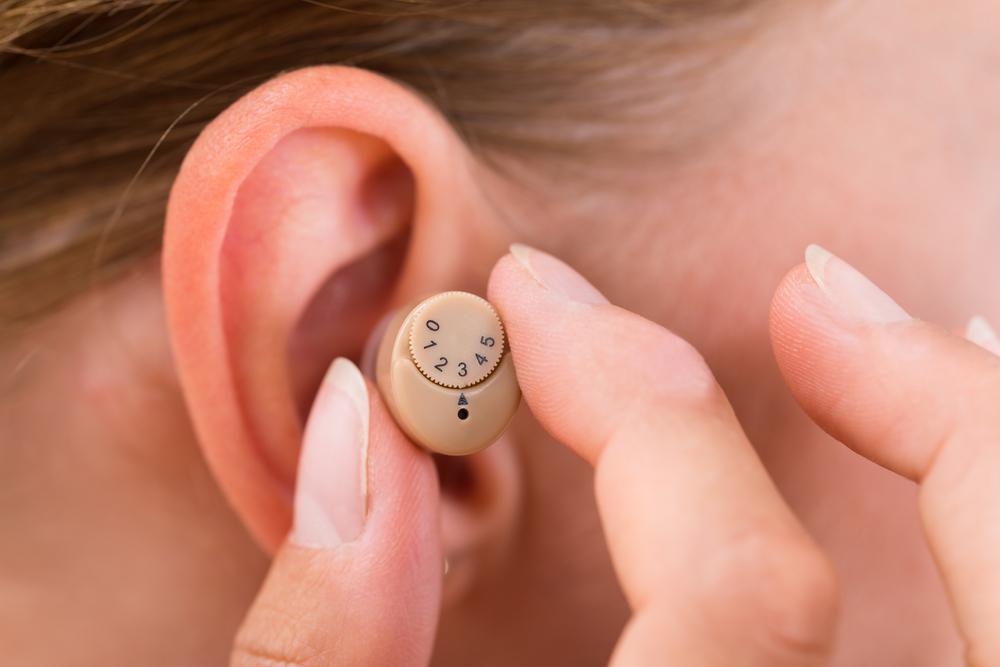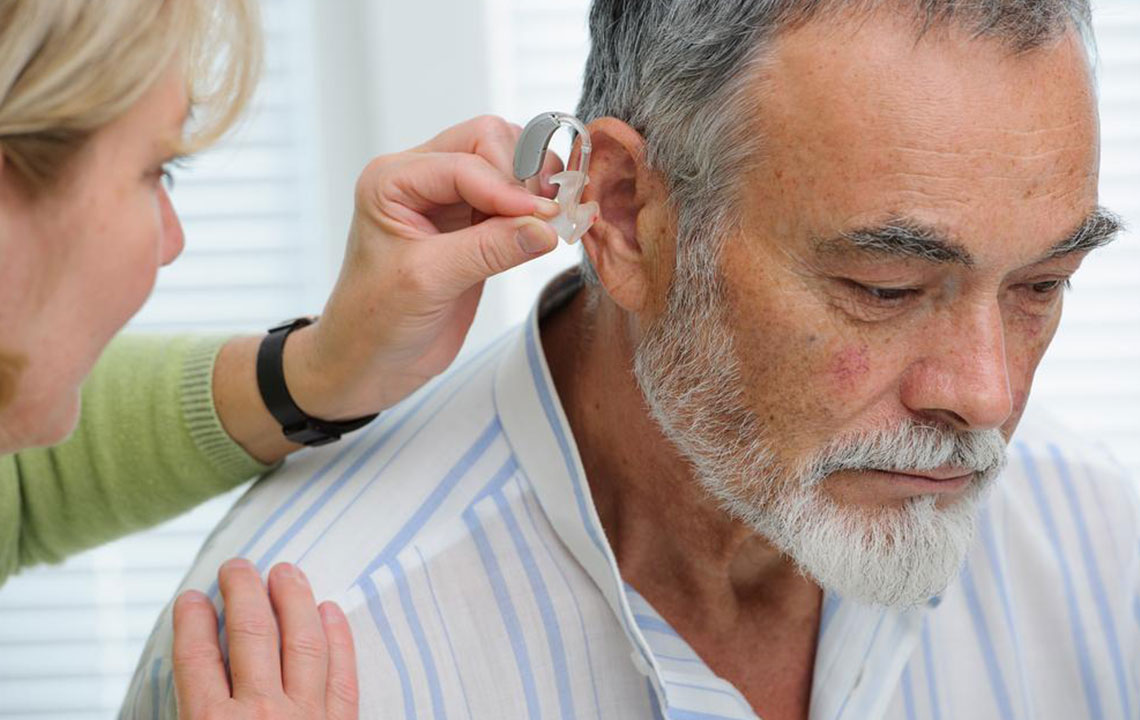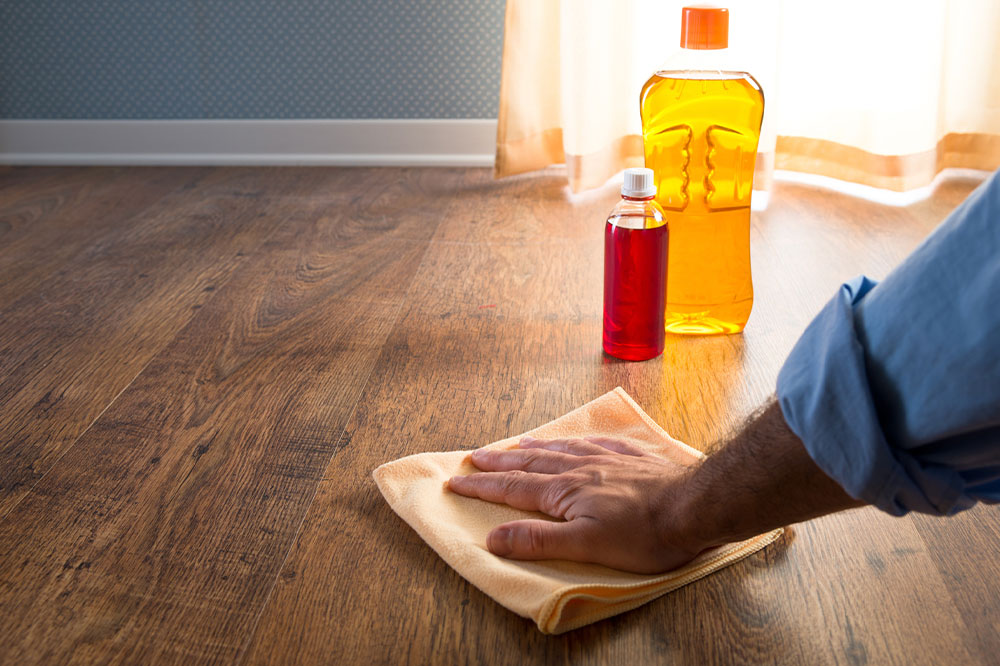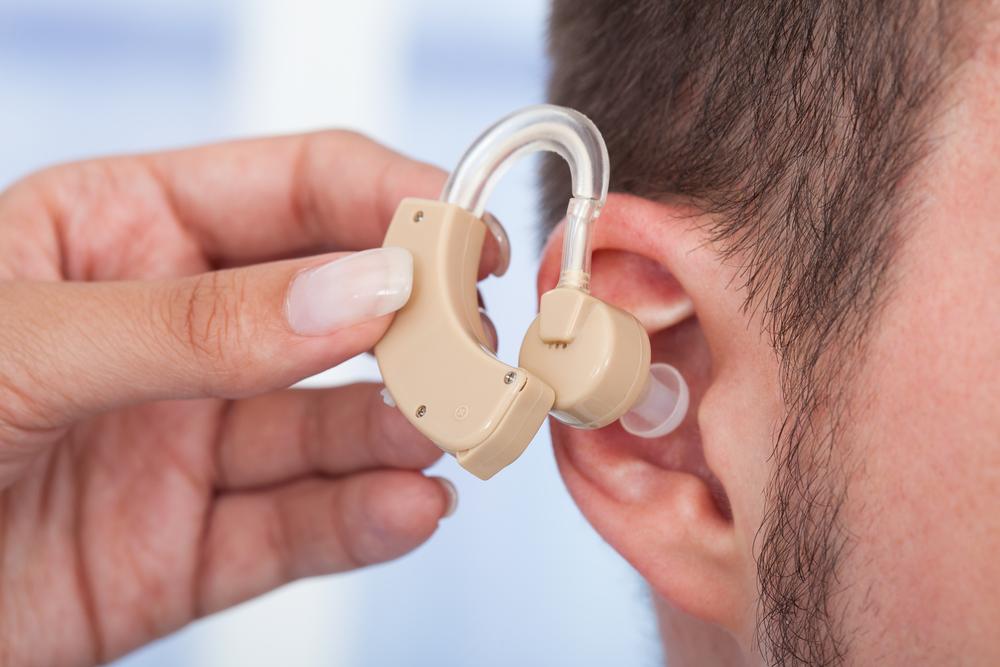Comprehensive Guide to Properly Maintaining Your Hearing Devices for Optimal Performance
Proper maintenance of hearing aids is essential to ensure clarity, durability, and optimal performance. This comprehensive guide provides detailed tips on cleaning, protecting from moisture, safe storage, and routine checkups. Regular care not only prolongs device lifespan but also enhances sound quality, ensuring users enjoy the best hearing experience possible. Learn how to handle your hearing aids correctly and incorporate daily upkeep routines while consulting professionals periodically to maximize their longevity and functionality.

Comprehensive Guide to Properly Maintaining Your Hearing Devices for Optimal Performance
Hearing aids are highly sophisticated electronic devices designed to assist individuals with hearing impairments by amplifying sound and improving communication. As delicate electronic instruments, they require meticulous care and regular maintenance to function efficiently and last longer. Proper upkeep not only ensures that your hearing devices deliver clear sound quality but also helps in preventing costly repairs or replacements down the line. This extensive guide covers essential tips, best practices, and advanced strategies for maintaining your hearing aids in top shape.
Vital Maintenance Strategies for Longevity and Performance
Protection from Dust and Dirt- Always wash your hands thoroughly with soap and water before handling your hearing aids. Dirt, dust, and debris can accumulate on the device’s microphone and receiver, obstructing sound transmission and degrading audio quality. Additionally, try to handle your devices over a clean, flat surface to minimize accidental drops or exposure to contaminants.
Shielding from Moisture and Humidity- Moisture is one of the leading causes of hearing aid damage. Always remove your devices when bathing, swimming, or engaging in activities in humid environments like the shower or sauna. Store them in a dry, ventilated space. Consider using dehumidifiers or moisture-absorbing packs designed specifically for electronic gadgets to keep moisture at bay, especially if you live in a humid climate.
Maintain Ear Hygiene- Regular ear hygiene routines greatly benefit your hearing aids. Removing excess wax and dirt from your ears minimizes the risk of particles clogging microphones or entering the device. Use gentle cleaning methods recommended by audiologists, such as ear drops or professional cleaning, to keep ears healthy and devices functioning properly.
Safe Storage Away from Children and Pets- Always store your hearing aids in a designated, secure storage case when not in use. Keep them out of reach of children and pets, as these devices may resemble toys and can be damaged if chewed or played with. Additionally, high-volume alarms can pose safety risks or cause discomfort if accidentally triggered.
Avoid Contact with Hair and Cosmetic Products- Hair sprays, powders, lotions, and cosmetics can easily clog the tiny microphone ports and receivers. Always turn off your device and remove cosmetics before handling or wearing your hearing aids. Allow sprays and powders to settle before putting on your devices to prevent residue buildup.
Regular Cleaning and Inspection- Develop a routine to clean your hearing aids weekly. Use a soft, dry cloth to wipe surfaces gently, avoiding harsh chemicals such as alcohol or cleaning solvents that may damage sensitive components. Periodically clean battery contacts with a dry brush or cloth and replace batteries as needed. Check for any signs of damage or wear, and schedule professional servicing if you notice issues.
Advanced Tips to Extend Your Device’s Lifespan
Incorporate daily maintenance into your routine—such as cleaning before bedtime. Use specialized UV sterilizers or dedicated cleaning kits designed for hearing aids to eliminate germs and bacteria effectively. Always monitor battery status each morning using a testing device or indicator light, and keep spare batteries charged and ready. When not in use, open the battery compartment to allow residual moisture to evaporate, especially overnight. Store your hearing aids in a cool, dry, and dark environment, ideally in a dedicated container or drawer to prevent accidental damage. Handle your devices with care, avoiding drops or impacts, and schedule professional checkups every six months to ensure ongoing optimal performance. Regular maintenance and cautious handling can significantly extend the lifespan of your hearing aids, ensuring they continue to serve your hearing needs efficiently for years to come.




